Our monthly newsletter dedicated to window and door fitters. Discussing market trends, business tips and all things fenestration.
10 tips to eliminate callbacks and remedial visits …

Callbacks….it’s the one part of the job that we could all live without.
Whilst it’s an installer’s duty of care to a customer to honour the installation warranty and look after them in the event of any product issues, there’s no denying that callback visits are a pain in the proverbial…
For one thing, when a callback or remedial visit is requested, the profit is long gone. In some cases, it could require a visit to diagnose the problem, and then a second visit if further works or parts are required. All of these visits cost you money, and even though we know this is a possibility it still stings.
Some of our trade customers fit within a large radius, so it’s even more of a kick in the pants when you are called back to a job two hours away to investigate a squeaky letterbox!
So what is the answer? Firstly, we would always advise offering a solid warranty on the product and installation. Customer care is going to be more important than ever in the coming year, as purse strings are going to tighten. Window installers with solid reputations for looking after their customers are going to win out, as they should.
Essentially, you will be asked to come back for one of the three following reasons:
1- A product fault
2 – An installation fault
3 – Customer user error
Below we have listed some ways that you can prevent a lot of these issues from happening. Some of these tips are likely already part of your business, but if they aren’t our advice is to give them a try. Callbacks are a time and money burn for your business, and with the industry gearing up for a potential rocky patch, it’s the perfect time to get your business lean and mean!
1 – Ask your supplier for product training

If you’re fitting the same products on a regular basis (which hopefully you are), then it’s a good idea to reach out to your supplier and see if they can organise some product training. Most manufacturers can arrange an assisted first fit, factory tour or even a video demonstration if you ask. The thing is, most installers don’t.
Making sure that you and your staff know the products inside and out is the best way to eliminate any installation issues. Some products such as large bi-folds, sliding patios and aluminium entrance doors are not the kind of products you can ‘fling in and forget’. These are high-end products and all brands have their own nuances.
If you choose to ignore the fitting guidelines that come with these products, it will only cost you more in the long run as most manufacturers will want evidence that the product is fitted to their specifications before they honour any remake parts or action.
It makes sense to make the investment of some training if you plan to scale and fit certain products regularly. It also gives you a competitive edge over your competition, as you will be able to say your staff are all fully product trained and accredited with your particular brand.
Some manufacturers even operate ‘approved installer’ schemes, which may result in more leads for your business.
2 – Carry a ‘hospital’ pack
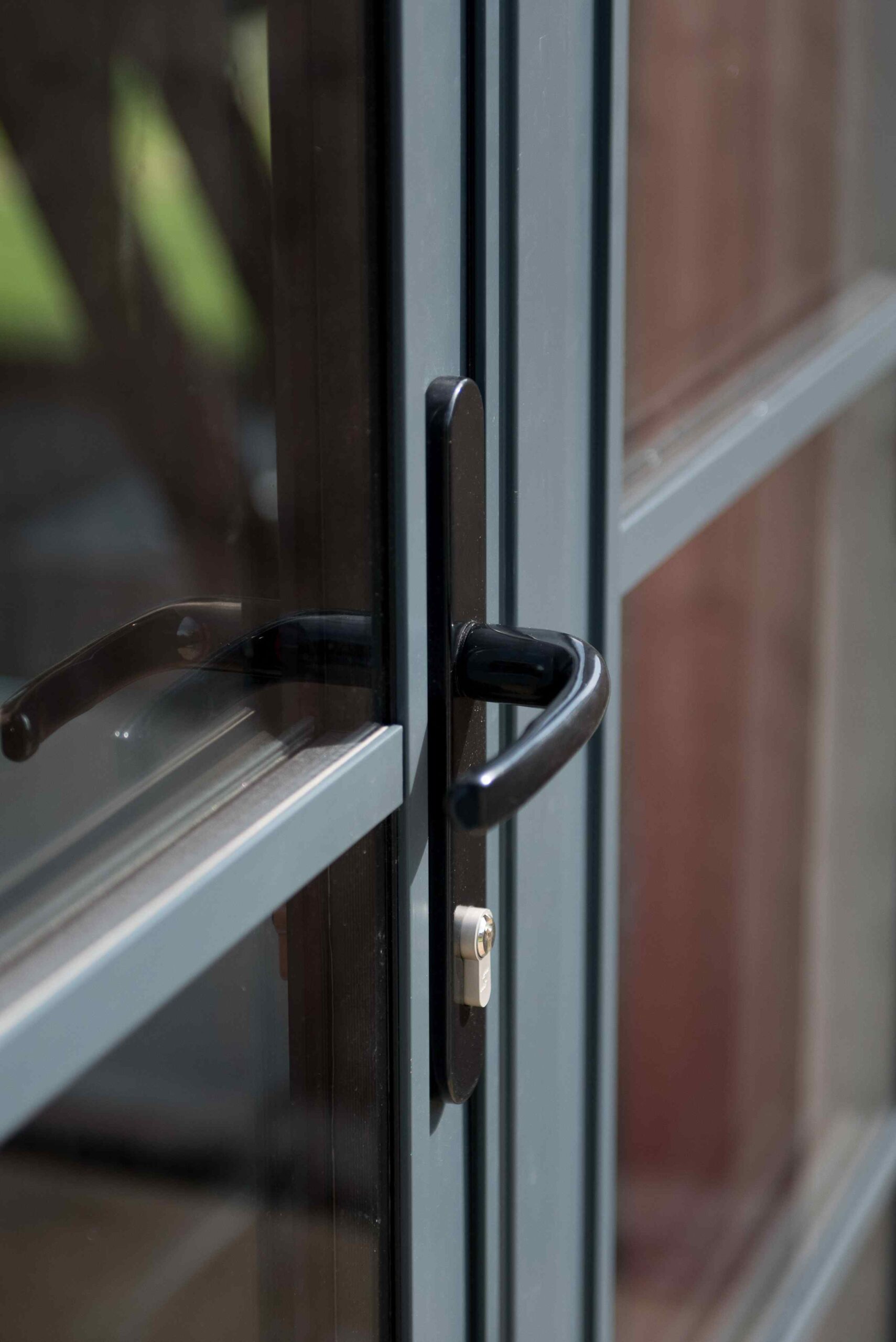
A ‘hospital’ pack is a great thing to have on your van at all times and should contain the essentials for the products you are fitting. This could be a selection of spare handles, gaskets (of different sizes), cylinders, locking strips, etc.
Again, there will always be those fits where something goes wrong. Installing a 6-metre wide bi-fold only to discover the locking strip is faulty is nobody’s idea of fun, especially if the job is three hours away. Keeping some of these essential ‘hospital’ items on the van means you can get the job done on the day, and save yourself a repeat visit.
Just remember to take images or a video of the faulty issue so you can claim a replacement part back to your supplier and keep your stock topped up.
3 – Have a good stock of finishing products
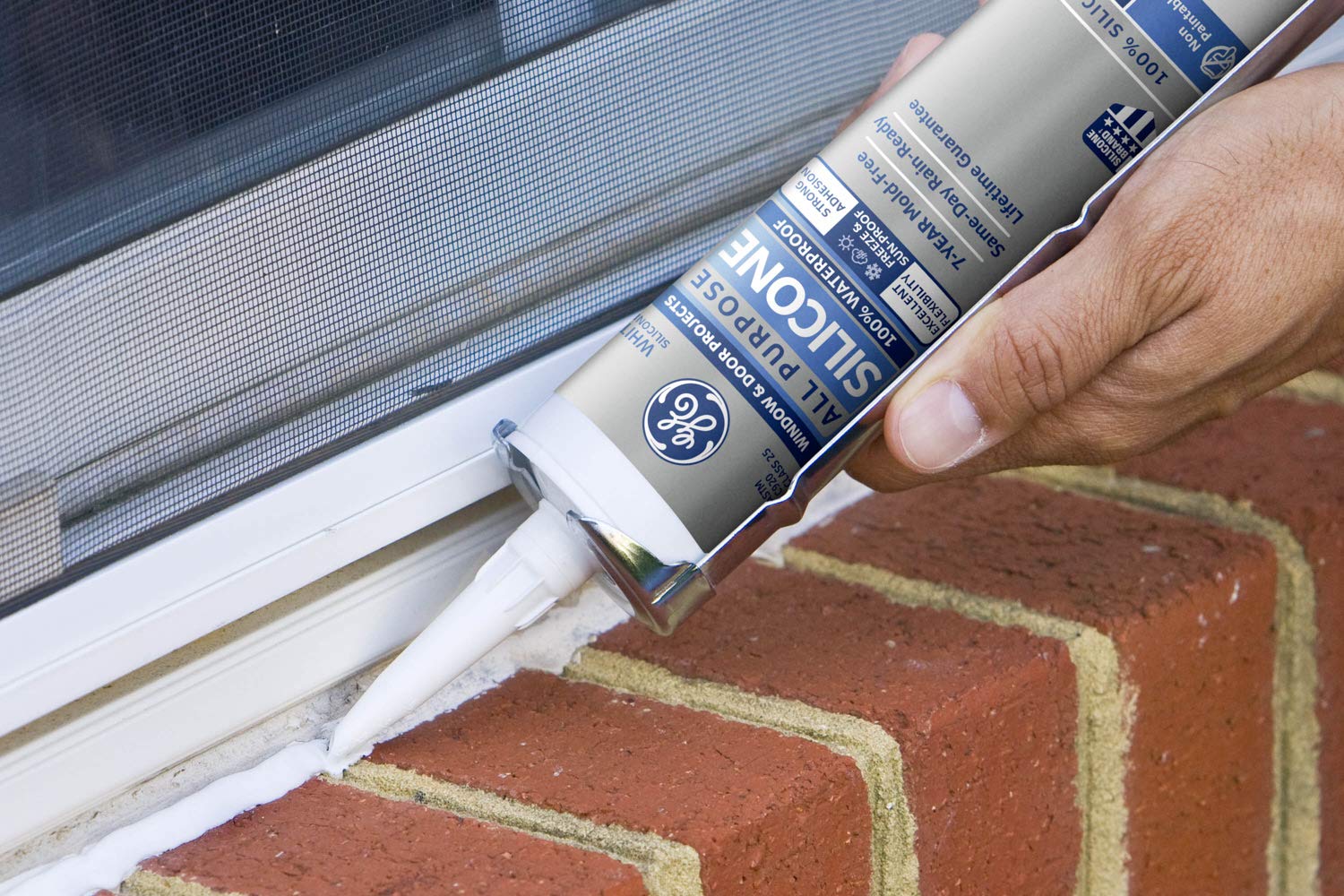
An organised fitter will always have a good selection of trims, silicones, lubricants, architrave etc. on the van. This one is more relevant at the moment as silicon prices are rising rapidly and there is a predicted global shortage around the corner, so having a good stock might be a smart move.
Try and keep a good selection of different size trims on the van as well, anything that will eliminate having to return to a job and not complete on the day. Ideally, the surveyor will have specified the required trims but as we all know things can change on the day.
It’s also worthwhile to keep some emergency items at hand for any small product defects or damage you might notice on the day. This is common with aluminium, which is a very delicate product and easily marked. The upside is it touches up very well, so speak to your supplier and get some touch-up paints or pens in the stock colours to have on your van.
Some Jewellers Rouge is always handy also for any small glass marks you might notice (especially with current lead times)!
4 – Use laser levels
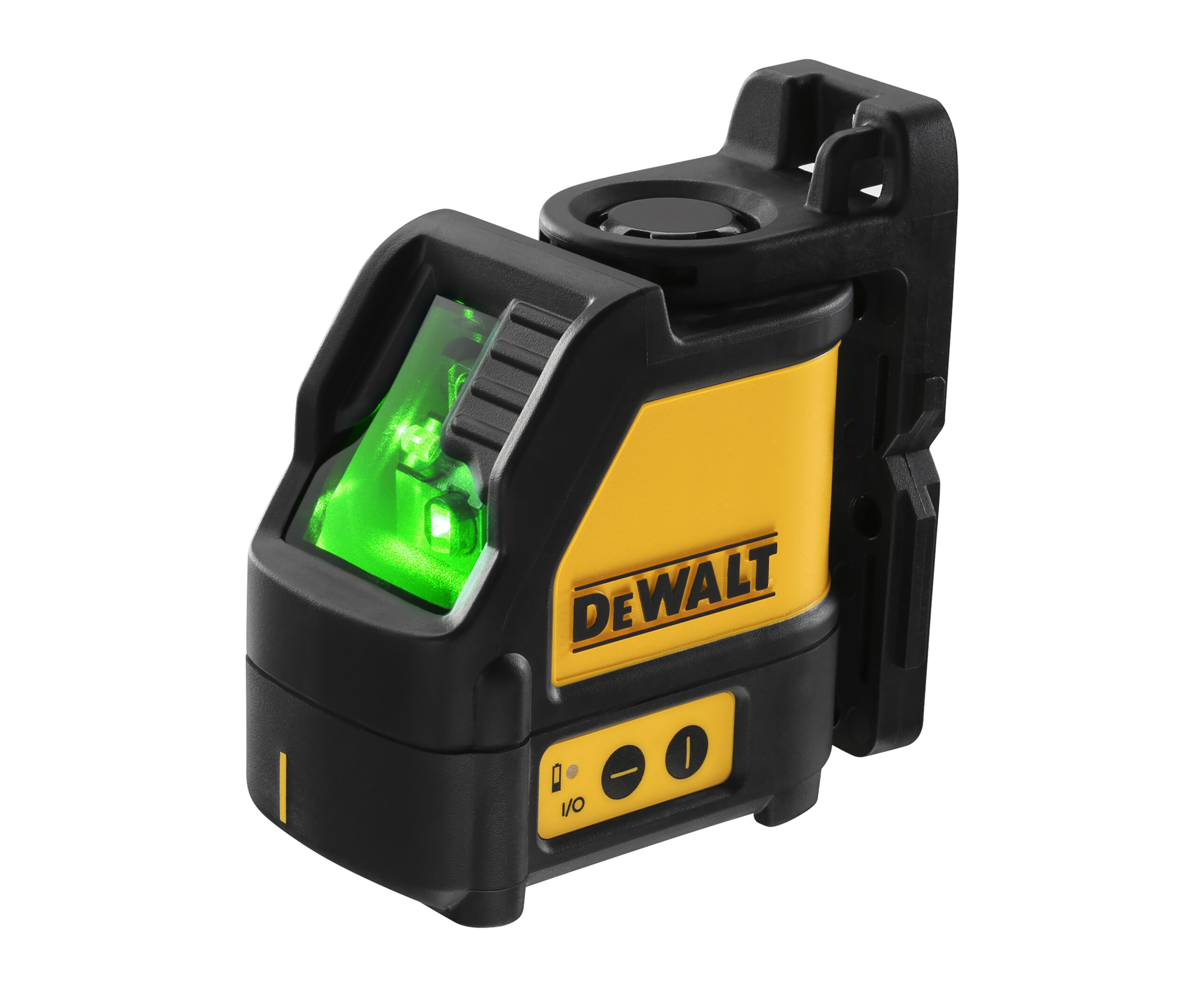
If your other half is wondering what to get you for Christmas this year, have them look at a good quality laser level!
We know most fitters would think this was overkill, and they might be right on the majority of items. For larger, high-value items though, such as aluminium bi-folds or sliding patios, a laser level is definitely recommended.
Reynaers in particular recommends that their bi-folds and lift and slide patios are fitted using lasers, not spirit levels. A spirit level on a 6-metre bi-fold just doesn’t give the required level of accuracy, and whilst an experienced fitter will likely be OK, it just increases the chance of operation issues.
Larger items usually come with larger balances to be paid, so don’t take the risk and follow the manufacturer’s advice on this one.
5 – Have plenty of bodies available for larger items

We all know that one fitter who can carry a composite door on his shoulder, but don’t take the risk is our advice! We recommend one able person per door leaf on pre-assembled bi-folds, and four men is typically recommended for any sliding aluminium patio. Not only do they weigh a ton but they can be awkward to carry.
Many larger windows, roof lanterns and sliding patios also come with very heavy glass these days as well. Speak to your supplier if you are ordering oversized glass units, as they may advise that a crane is required rather than hand-balling them off the van. As a general rule, any units over 3m2 may require special attention.
Not only will it be a disaster for the job completion if a unit or product is damaged when carrying the goods, but your profit margin will take a massive hit. These big units aren’t cheap, so handle with extreme care and speak to your supplier if you are in doubt!
6 – Check the goods thoroughly on receipt
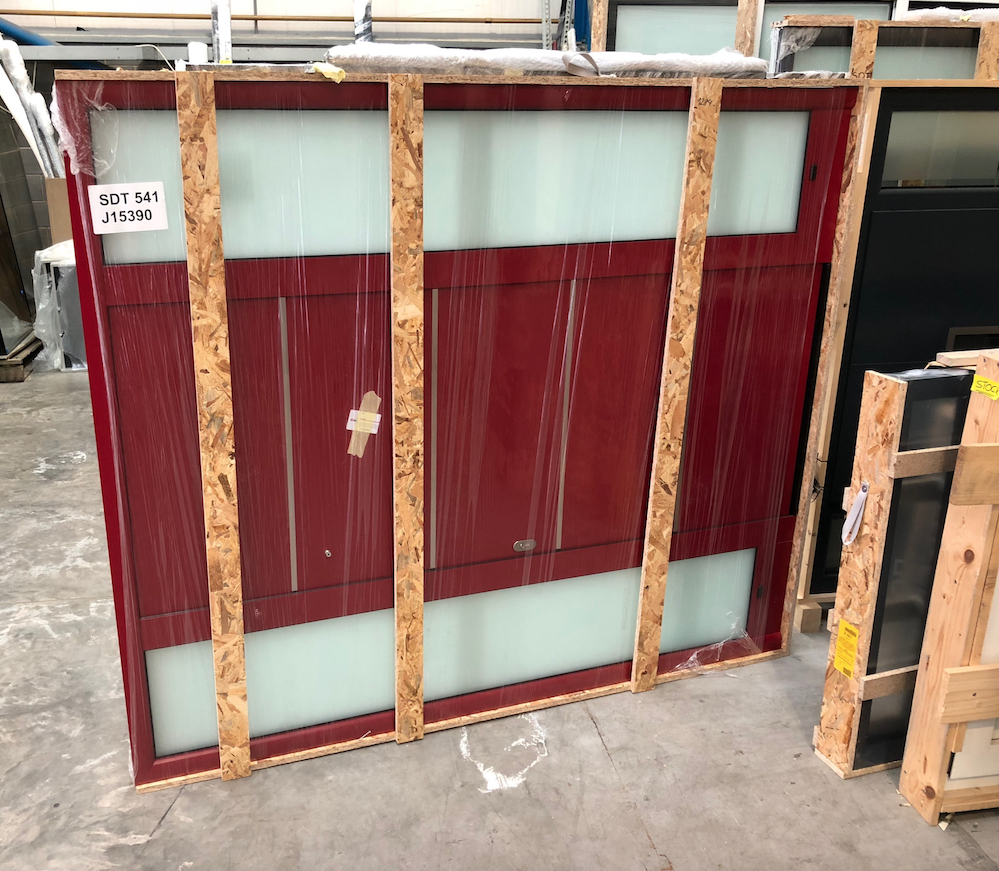
We’ve said this before, but you should make a point of having a thorough visual check of the products before signing for them as received. Many customers don’t have a process for this and it can cause problems with the manufacturer when damage is reported a week later once it’s fitted.
Don’t be pressured into signing by a driver who is running late. It’s your right and duty to be able to check for the expensive goods you’ve ordered, so if you feel a driver is putting pressure on you, report this to your supplier so that it can be dealt with internally. Drivers are under a lot of pressure at the moment, and we understand they are on tight deadlines. But, you are the customer and should be afforded the opportunity to check the goods are to your satisfaction.
This checking process can save unwanted surprises on the day, which again will lead to callbacks. It is better to discover any issue on the delivery day and either have a conversation with the customer/supplier or move the job and send the goods back to the factory.
Most customers will appreciate you wanting the goods to be perfect for them, more than they will appreciate a surprise on the day and another day off work for the callback visit.
7 – Allow yourself some time in case any items are missing/damaged

This point follows on directly from the above. We mentioned this in last week’s email, but allowing a window between the delivery and installation date is crucial.
Some installers seem intent on having goods delivered to site so they can fit the same day, and it just increases the chances of issues. If the goods were being delivered a week later, you would find a way around it…customers can apply undue pressure on tradesmen to have things done quickly but you are actually doing them a favour by allowing a bit of time.
You can always call them anyway when everything turns up on time and offer to bring the job forward, which will always go down well!
8 – Give the customer a thorough demonstration
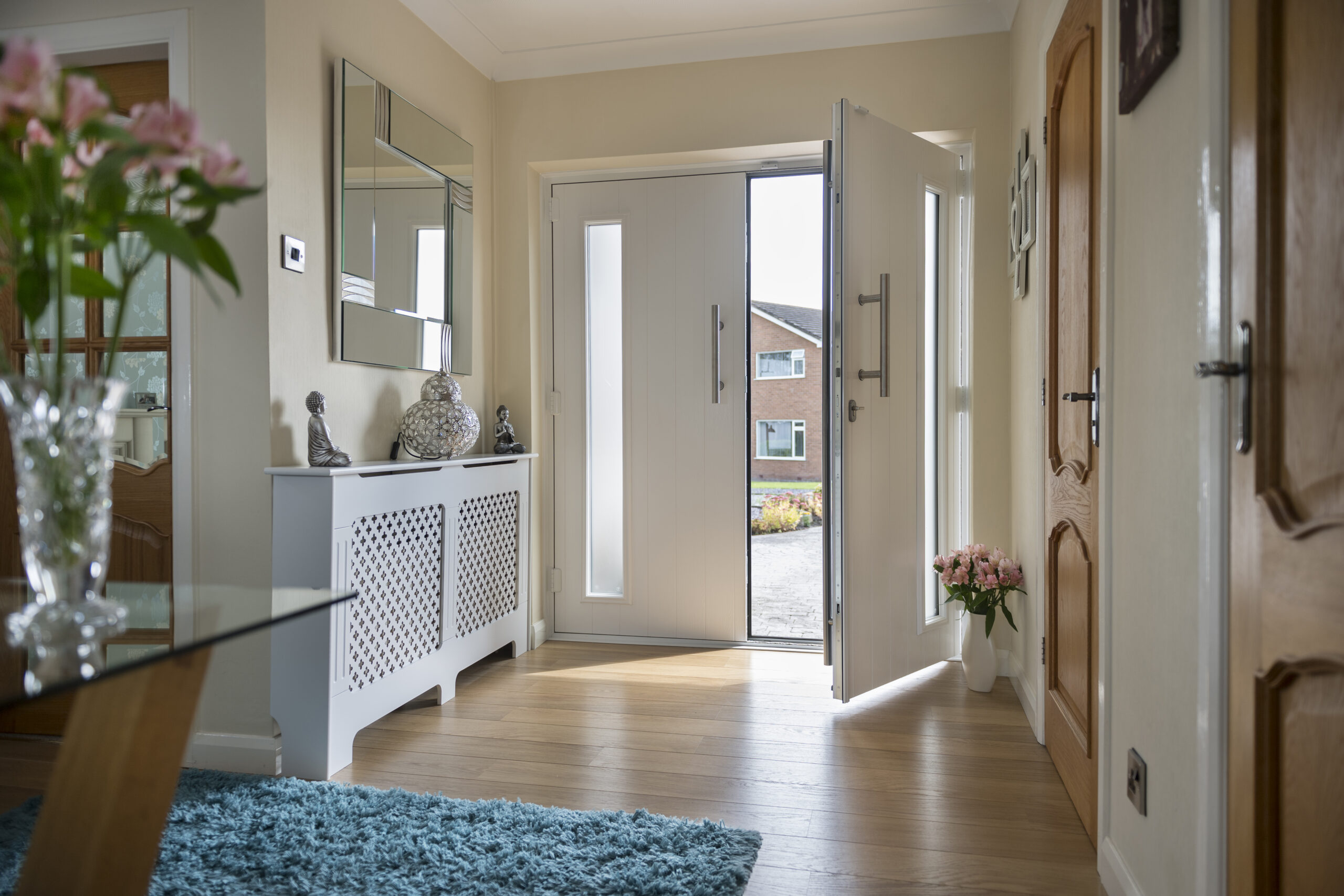
Once the goods are installed and you’ve tidied up, make sure to give the customer a walk through of the products. Whether it’s a composite door or a lift and slide patio, spend a few minutes with the customer showing them the best way to operate the products.
It’s amazing how these few minutes could save you from getting callbacks for user errors. Many homeowners who buy new builds with bi-folds for example often have no idea how to operate them and drag the doors from the end door causing operational issues.
The same is true of composite doors with multipoint locks, with customers not being shown how crucial it is to either wind up the lock with every operation or raise the lever every time to prevent the door kicking out or bowing over time.
Whatever products you are fitting, you should make sure the customer is confident with how to use them so that they aren’t calling you back around in a week’s time to close the door for them!
9 – Leave the customer operation and care guides

Following on from the above, once you’ve done your demonstration you should give your customer copies of the manufacturer care and operation guide.
Some products will come with a physical copy, but if not you should ask your supplier for digital copies and make a point of emailing these to every customer. You will then have a digital record that these were sent, and these can be referred to before you make any visits.
Some common issues with door operation are often found in these care guides; examples include customers not regularly oiling the hinges and locks on entrance doors, and not keeping bi-fold tracks clear of debris.
10 – Have the customer sign a satisfaction note

Hopefully, things don’t get sticky with the customer, but if they do it’s good to have a signed satisfaction note to fall back on. You can tailor this to suit your own individual business, and have them sign to say they have checked the work, you’re authorised to take the remaining balance etc.
This is something that a lot of sole traders simply don’t bother with, but in the unfortunate event of a customer taking any kind of action against you, it will be a lifeline. Plan for the worst and hope for the best, as they say!
Hopefully, these tips may come in use and if they eliminate even a few remedials a year, it’s well worth implementing!